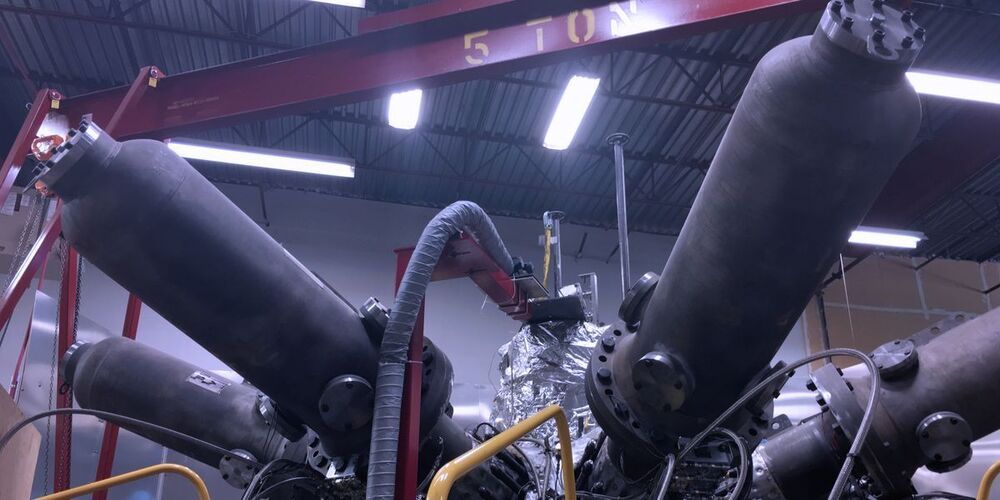Atmospheric Water Extraction (AWE) performers aim to meet clean water needs of deployed troops, even in austere environments.
Like.
Comment.
DARPA recently awarded five contracts and selected one Government partner to develop technology to capture potable water from the air in quantities sufficient to meet critical DoD needs, even in extremely dry climates. GE Research, Physical Sciences Inc., Honeywell International Inc., Massachusetts Institute of Technology, University of Texas at Austin, and U.S. Naval Research Laboratory were chosen to develop next-generation, scalable sorbent materials and prototypes under DARPA’s Atmospheric Water Extraction (AWE) program.
The goal of the AWE program is to provide fresh water for a range of military, stabilization, and humanitarian needs through the development of small, lightweight, low-powered, distributable systems that extract moisture from the atmosphere. DARPA is open to various approaches, with an emphasis on advanced sorbents that can rapidly extract water from ambient air and release it quickly with minimal energy inputs. These sorbent materials offer potential solutions to the AWE challenge, provided they can be produced at the necessary scale and remain stable over thousands of extraction cycles. In addition to developing new sorbents, AWE researchers will need to engineer systems to optimize their suitability for highly mobile forces by substantially reducing the size, weight, and power requirements compared to existing technologies.
“Access to clean water is of critical importance to the warfighter, and current water distribution operations incur numerous financial, maintenance, and logistical challenges,” noted Dr. Seth Cohen, AWE program manager. “The selected AWE program performers are being asked to leverage advanced modeling, innovative engineering, and additive manufacturing methods to support the program, which in turn will help maintain combat readiness, reduce casualties and cost due to water transportation, and enhance humanitarian and disaster relief efforts.”







